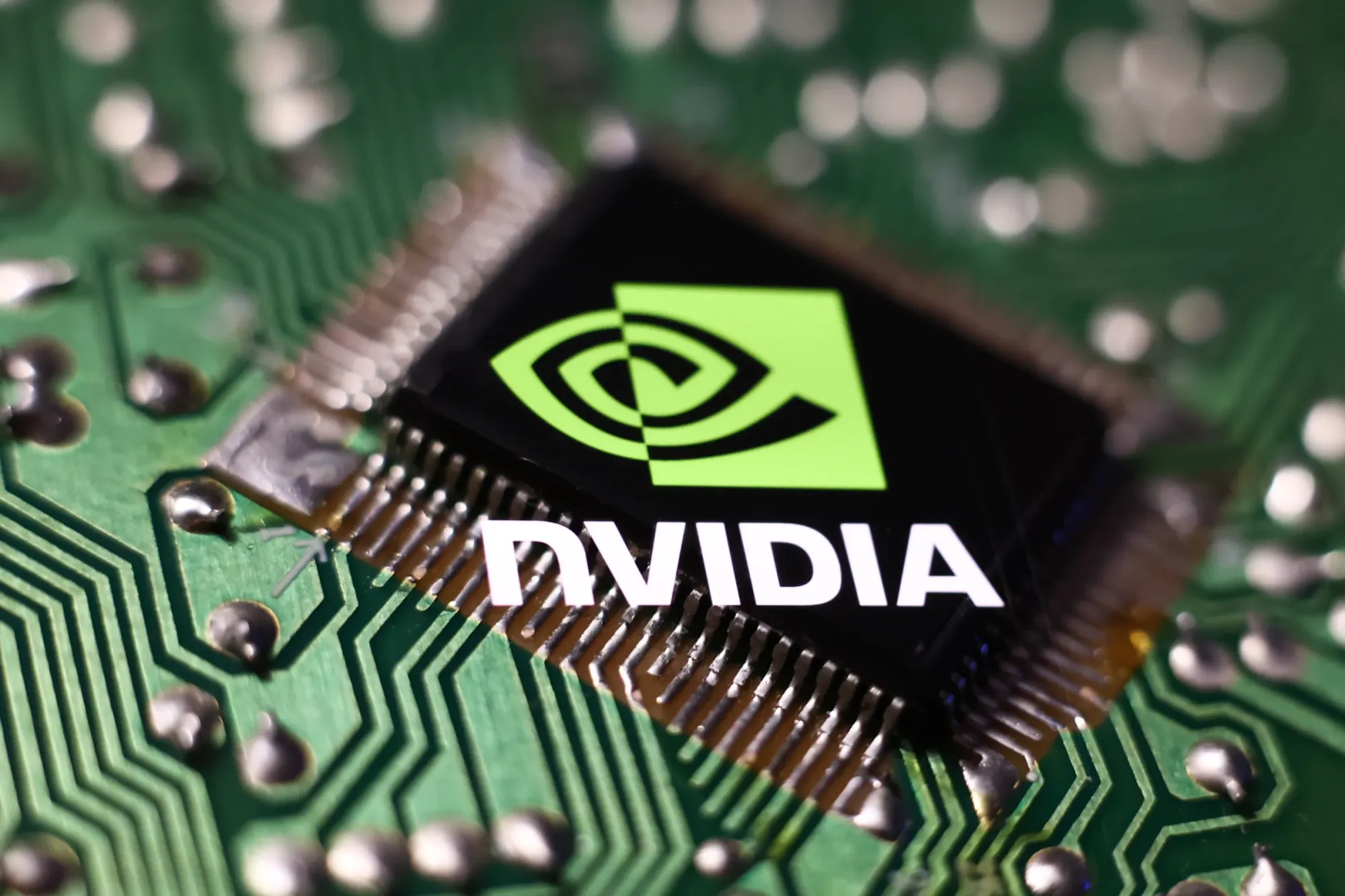Nvidia Faces Setback as US Supreme Court Rejects Appeal in Crypto Class Action Suit

In a significant legal blow to Nvidia, the tech giant known for its high-performance graphics processing units (GPUs), the United States Supreme Court has dismissed the company's appeal, paving the way for a class-action lawsuit to move forward. This lawsuit accuses Nvidia of misleading investors by understating the volume of GPU sales to the cryptocurrency mining sector.
Nvidia's attempt to quash the investor-led lawsuit was met with silence from the Supreme Court, which issued a succinct, one-line order on December 11, 2024, denying the appeal without further commentary. This decision reinstates a previous ruling by the Ninth Circuit Court of Appeals, which had revived the case back in August after it was initially dismissed by a California district court in March 2021.
The lawsuit, filed by shareholders in 2018, claims that Nvidia concealed over $1 billion in GPU sales specifically directed towards cryptocurrency miners. They further assert that Nvidia's CEO, Jensen Huang, downplayed the significance of these sales, which had a substantial impact on the company's revenue. This revelation came to light when the crypto market took a downturn in late 2018, leading to a dramatic nearly 30% drop in Nvidia's share price over just two days.
Legal Implications and Shareholder Defense
Nvidia has expressed its disappointment with the Supreme Court's decision, indicating through a spokesperson that while they would have preferred a dismissal on the merits, they are well-prepared to defend themselves in further legal proceedings. The company stressed the importance of clear and consistent standards in securities litigation to safeguard shareholders and maintain economic stability, emphasizing their commitment to these principles.
The core of Nvidia's defense was the claim that the lawsuit was built on fabricated data regarding their business operations and income. However, their arguments were countered by the Justice Department and the Securities and Exchange Commission (SEC) in October, who supported the investors' allegations. The SEC and DOJ stated that the lawsuit did not rely on falsified information, instead pointing to substantial evidence like testimonies from former Nvidia executives and a Bank of Canada report which suggested Nvidia underreported its crypto revenue by as much as $1.35 billion.
The Supreme Court's decision to hear the case in November raised questions among the justices about the necessity of their involvement, with some expressing doubts about whether the case presented a clear legal issue warranting a Supreme Court ruling. Despite these reservations, the Court's dismissal of the appeal signifies a green light for the case to continue in lower courts.
This legal saga comes on the heels of Nvidia's previous entanglement with regulatory bodies. In 2022, the company settled with the SEC for $5.5 million over charges that it did not adequately disclose how crypto mining affected its gaming business, although Nvidia neither admitted nor denied the SEC's findings.
This ongoing legal battle not only highlights the complexities of reporting in industries intertwined with volatile markets like cryptocurrency but also underscores the critical role of transparency in corporate communications to investors. As Nvidia prepares to navigate these legal waters, the implications for corporate governance and investor relations in tech sectors dealing with cryptocurrencies will be closely watched.

